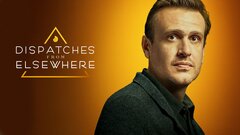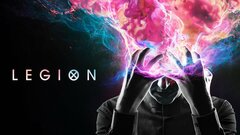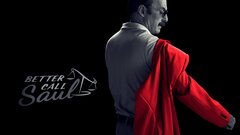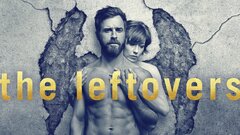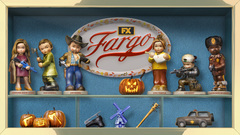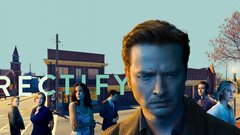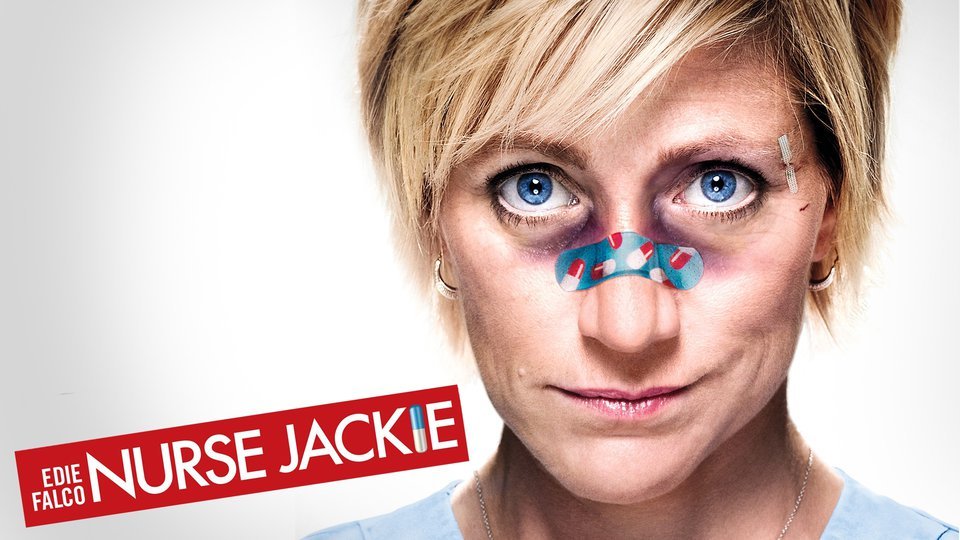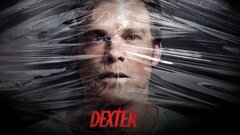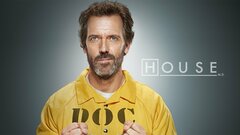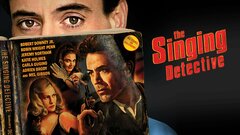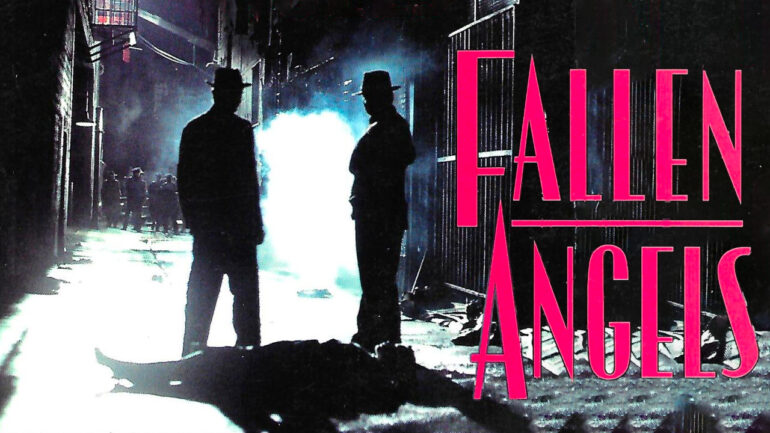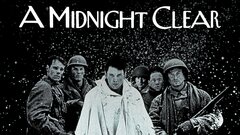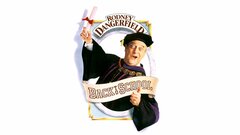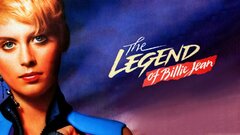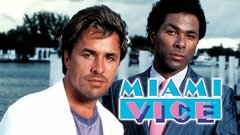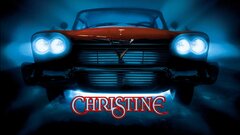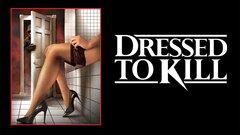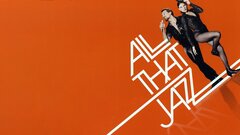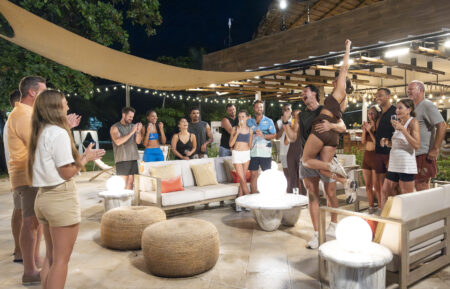This former juvenile lead has already garnered a reputation as a capable director of small, serious films with only four features to his credit (as of 1999). As a performer, Gordon was best known as the quick-witted young hero of Brian De Palma's flashy Hitchcockian thriller "Dressed to Kill" (1980).
He began performing in the theater, moved on to TV-movies and miniseries and soon graduated to features. He played the young Roy Scheider/Joe Gideon/Bob Fosse in "All That Jazz" (1979); the nerd-from-Hell owner of the title car in John Carpenter's "Christine" (1983); and the high-diving son of Rodney Dangerfield in "Back to School" (1986). Gordon displayed an engaging presence in many of these roles; his long face and bright, spectacle-clad eyes radiated intelligence and enthusiasm.
Gordon avoided the difficult transition from teen to adult roles by turning to producing, writing and directing--something he had set his sights on from the beginning of his acting career. He made his directorial debut with "The Chocolate War" (1988), which he also adapted from Robert Cormier's novel about the repercussions of nonconformity in a repressive Catholic boarding school. Impressively controlled and refreshingly bitter, the film won over many reviewers but audiences stayed away.
Gordon's second outing as a writer-director enjoyed an even better critical reception but lackluster box office. Shot in Park City, Utah, this low-budget ($5 million) adaptation of William Wharton's autobiographical WWII novel, "A Midnight Clear" (1992) shared with its predecessor a concern with the interpersonal dynamics of a group of young men, in this case, a terrified young platoon that sees its own private peace initiative devolve into tragedy. Hailed for its visual beauty and emotional sensitivity, the film made was included on several critics' year-end "top ten" lists.
Hollywood attempted to lure Gordon into the mainstream but he opted for low-budget integrity and projects about which he really cared. To make ends meet, Gordon hired himself out for TV work, starring as a struggling poet in "Hogg's Heaven," a 1992 "Showtime 30-Minute Movie" and doing a guest shot on the acclaimed comedy-drama "Brooklyn Bridge." He also helmed episodes of the esteemed cop drama "Homicide: Life on the Street" and Oliver Stone's sci-fi miniseries "Wild Palms" (ABC, 1993).
Gordon even returned briefly to screen acting for a small part in the ill-fated Julia Roberts-Nick Nolte romantic comedy thriller "I Love Trouble" (1994). He had an ulterior motive for taking the part: to get a script to Nolte that had been previously rejected by the actor's agent as "too small." The gambit worked. Nolte signed on to star in an adaptation of Kurt Vonnegut's novel "Mother Night" (1996) produced and directed by Gordon. This stylized story of profound moral ambiguity portrayed the situation of an American writer living in pre-WWII Germany requested to pose as a dedicated spokesman for Nazi beliefs while secretly sending coded messages to the Allies. Revered in Hitler's Germany and reviled at home, Nolte's character must decide whether he was a greater force for good or evil. The well-appointed film boasted a varied high-profile cast including Sheryl Lee, Alan Arkin, John Goodman and Kirsten Dunst. Even Vonnegut himself felt that his material was in good hands.
